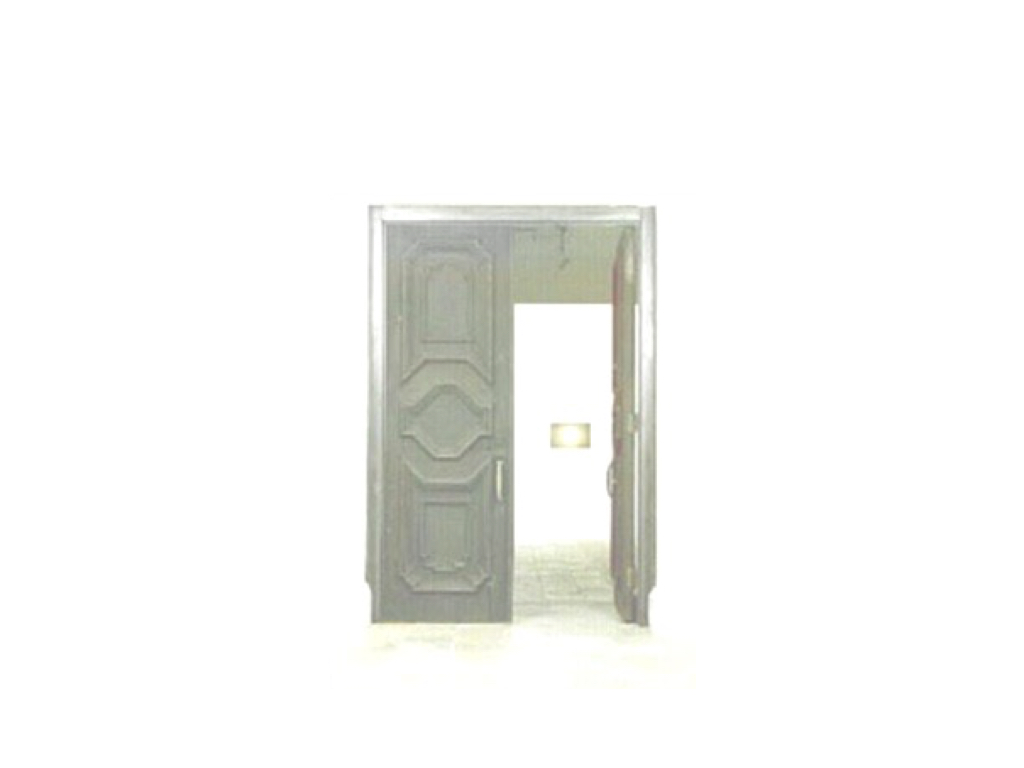 September 28, 2001
September 28, 2001
“History, Memory, Trauma,” a public lecture by Dominick LaCapra, recipient of the Dactyl award for aesthetic theory.
Ever since Theodor Adorno argued that “writing poetry after Auschwitz is barbaric,” all kinds of artists, not just poets, have been debating whether or not one can depict life optimistically. The Holocaust certainly questions how one can believe that every event ultimately serves some divine purpose. Although the problem of evil is certainly not new, Adorno argued it imposed limits on morally conscientious art. Whether it was Adorno’s influence or not, these days Dickensian endings do seem dishonest to a lot of people.
LaCapra examines several kinds of representations of the Holocaust, from historical accounts to Hollywood films. Some accounts have been particularly effective, argues LaCapra, in presenting tragedy in all its immediate horror. In some cases, witnesses recall events as if they were experiencing them for the first time. Although such accounts are extremely moving for audiences, they fix the victims in an irresolvable state of trauma. “Trauma,” according to LaCapra, is a condition of incomprehensible pain, experienced as if it were actually being inflicted for the first time. This precludes the possibility of gaining any distance on the events, which is necessary before the healing process can begin.
One of the reasons that the Holocaust tends to be represented as an eternal torment, argues LaCapra, is that it tends to be viewed as the “paradise lost” narrative of the 20th century, with no hint of a “paradise regained” narrative to follow. This results in hopeless nostalgic longing. LaCapra connects the desire to sustain this kind of trauma with postmodern aesthetics. According to LaCapra, Waiting for Godot is an example of a deconstructive point of view. In Becket’s play, two shepherds wait for Godot’s (i.e., God’s) arrival, but he never comes. The play suggests that Godot never existed to begin with, thus his absence cannot be seen as a real historical loss (as in Milton’s pastoral Paradise Lost) that might be rectified by his return (as in Paradise Regained). Appropriately then, adds LaCapra, “nothing” happens in Beckett’s play. The action is traumatic, endlessly meaningless, and time seems to stand still. Resolution is endlessly deferred; no historical progress can ever be made. Waiting, without hope, is all one can do.
In the extreme form of this view, all histories are essentially myths of progress that misleadingly imply that humankind is bound for the promise land. But to assume this is to assume that the idea of progress is uniquely religious. LaCapra argues it is not.
LaCapra claims that many representations of the Holocaust misconceive the events as anti-pastoral like those in Waiting for Godot. Although the Holocaust is one of the most tragic events in human history, the issues it forced us to examine are not, as Adorno implied, of a metaphysical nature. The losses sustained in the Holocaust are situated on a historical level and are the consequences of particular events. These events make no comment on the existence/nonexistence of a god.
He also suggests that the realization of the absence (nonexistence) of essentialist conceptions can be worked through too, if “only in the sense that one may learn better to live with it [an absence] and not convert it into a loss.” It would be possible, then, to work through the losses of the Holocaust. The objective would not be to reinstate idealism, but to deal with real problems, such as violence against innocent people. Though we should never wish for paradise, we can and probably should create art that provides for some view of progress against prejudice, misogyny, anti-Semitism, racism, and homophobia.
Dactyl Foundation
LaCapra is Bowmar Professor of History at Cornell University. “Trauma, Absence, Loss” was published in Writing History, Writing Trauma (Johns Hopkins University Press, 2000). LaCapra will deliver a public lecture “History, Memory, Trauma” at Dactyl Foundation on September 28th. $8 suggested donation. To RSVP write essays@dactyl.org or call 212.219.2344. See www.dactyl.org for further information.
